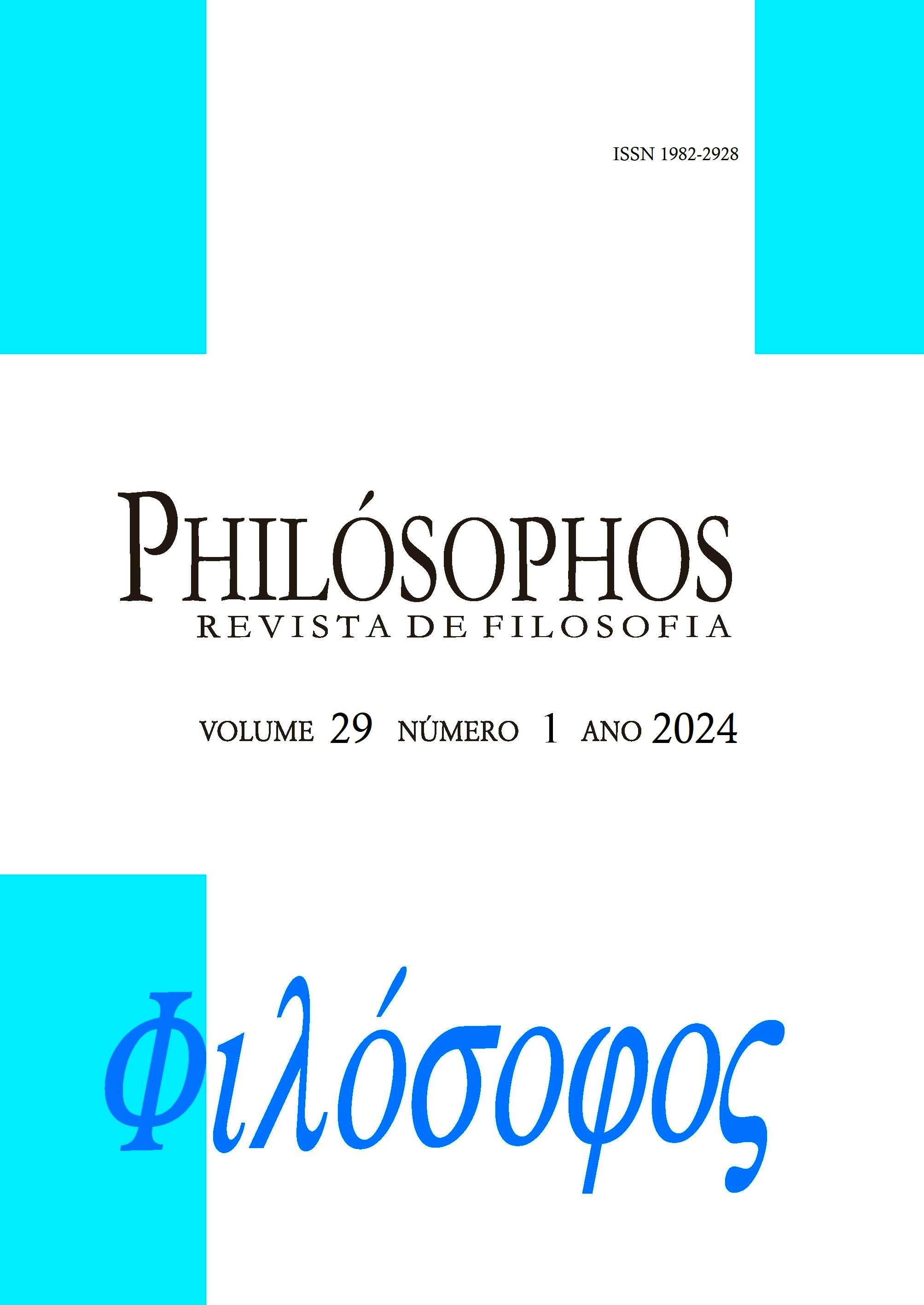Três abordagens sobre a tecnologia e sua relação com o religioso e o sagrado
DOI:
https://doi.org/10.5216/phi.v29i1.78539Keywords:
Tecnologia, imaginário, sagrado, religião, Gnosticismo Tecnológico.Abstract
The issue discussed in this work refers to the relation between the technological and the sacred, regarding the context of philosophic, historiographic and sociologic discourses about technology. Science and Technology are typically thought of and characterized in opposition to religious beliefs, myths and mysticism. In this sense, they are considered the pinnacle of rationality, method and efficiency as opposed to faith. However, as we will see in this article, this way of thinking about technology and science is just one of the possible ways of thinking about this relationship between science and technology and the sacred and the religious. In this study, three contemporary approaches of such debate are analyzed and compared. The first one, which refers to the perspective of authors Jacques Ellul and Martin Heidegger, claims that technology overcomes and destroys the sacred, replacing it. The second one, designed by authors David Noble e Erik Davis, describes technology as being sacred by itself, meaning that contemporary technologies might allow human beings to reach their ideals of transcendence and overcoming of finiteness. The third one, while recognizing the connection between technology and the categories of the sacred, elaborates a commentary on the salvific tone of the speech about technology.
Downloads
Downloads
Published
How to Cite
Issue
Section
License
Copyright (c) 2024 Philósophos a journal of philosophy

This work is licensed under a Creative Commons Attribution-NonCommercial-NoDerivatives 4.0 International License.
Authors who publish in this journal agree to the following terms:
- Authors retain copyright and grant the journal right of first publication, with the work simultaneously licensed under a Creative Commons Attribution License that allows others to share the work with an acknowledgement of the work's authorship and initial publication in this journal.
- Authors are authorized to enter into separate, additional contractual arrangements for the non-exclusive distribution of the journal's published version of the work (e.g., publishing in an institutional repository or as a book chapter), with an acknowledgement of its authorship and initial publication in this journal.















